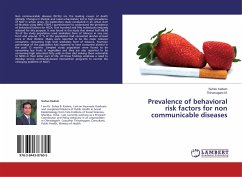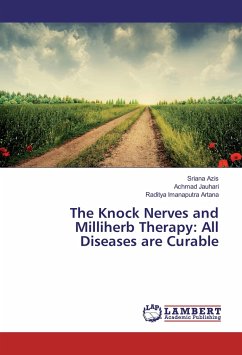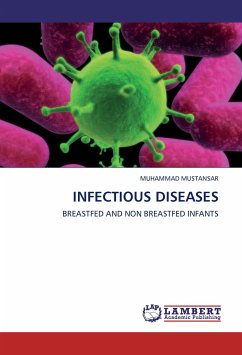Non communicable diseases (NCDs) are the leading causes of death globally. Changes in lifestyle and rapid urbanization led to high prevalence of NCD in urban areas. An exploratory study conducted in an urban slum of Mumbai using WHO STEPS I questionnaire to understand the prevalence of behavioral factors for NCDs. One hundred and fifty individuals randomly selected for this purpose. It was found in this study that almost half (48.66 %) of the study population used smokeless form of tobacco in any one form and around 17 % of the population had consumed alcohol at-least once in their lifetime. Males were reported to be the major tobacco consumers, consuming high level smokeless form of tobacco. Fourteen percentage of the population had reported to have consumed alcohol in the past 12 months. Sampled study population were found to be consuming less fruits & vegetables and they are also reported to be consuming high saturated fatty acids in their diet making them vulnerable to NCDs in their latter part of life. All these findings emphasis a need to develop strong community-based intervention programs to control the emerging epidemic of NCD's.
Bitte wählen Sie Ihr Anliegen aus.
Rechnungen
Retourenschein anfordern
Bestellstatus
Storno








